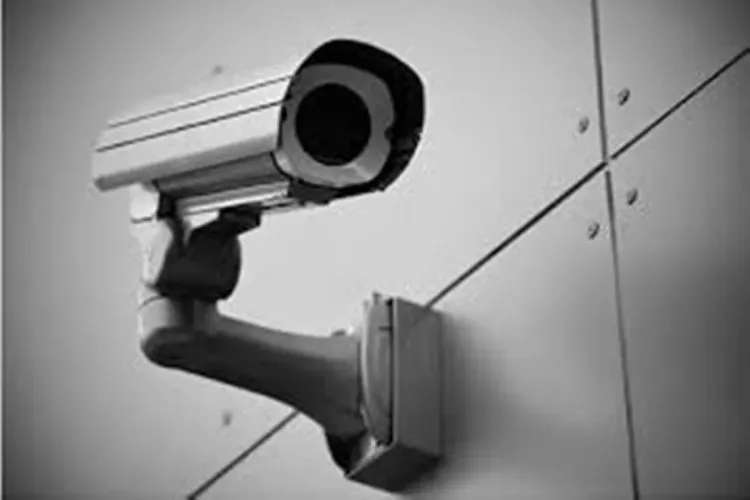Has the SC Taken Action on Non-Functional CCTV Cameras in Police Stations?

Synopsis
Key Takeaways
- The Supreme Court has initiated a suo motu case regarding non-functional CCTV cameras in police stations.
- Concerns arose after reports of custodial deaths without accompanying CCTV footage.
- Police have often cited various reasons for withholding footage.
- There is a mandate for the installation and maintenance of CCTV systems in every police station.
- Footage must be stored for at least 18 months to ensure accountability.
New Delhi, Sep 4 (NationPress) The Supreme Court has, on Thursday, initiated a suo motu case concerning the absence of operational CCTV cameras in police stations throughout the nation.
A panel comprising Justices Vikram Nath and Sandeep Mehta acknowledged a media report that highlighted the unfortunate reality of 11 individuals losing their lives in police custody in Rajasthan in the first eight months of 2025.
Reports indicate that law enforcement frequently fails to provide CCTV footage in cases of custodial fatalities, with numerous police stations having remand rooms located outside the surveillance range of cameras.
The police have cited various justifications for not disclosing CCTV footage, such as technical issues, insufficient storage, ongoing investigations, or legal barriers. In some instances, they have outright refused to share the footage or have delayed its availability.
The Supreme Court had previously mandated the installation of CCTV cameras in police stations to enhance transparency and reduce incidents of custodial abuse. It issued a series of directives aimed at optimizing the management of CCTV installations and reviewing footage for potential human rights violations by the central oversight body (COB) and the state-level oversight committee (SLOC).
The apex court mandated that the SHO of each police station be accountable for maintaining CCTV data, ensuring backup of recordings, and addressing technical issues.
It stated, "The state and Union Territory governments must guarantee that CCTV cameras are installed in every police station operating within their jurisdiction. Moreover, no section of a police station should be left without coverage."
Additionally, the Supreme Court specified that CCTV camera footage must be stored in either digital video recorders or network video recorders, with a storage system designed to preserve data for 18 months.
In April 2023, the Supreme Court had provided the Centre and all state governments and Union Territories a final opportunity to install CCTV cameras within police stations within a three-month timeframe.





